BLOG
Recent
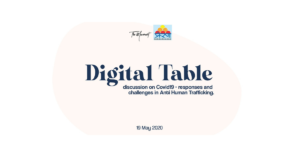
Digital Table : COVID-19 and Anti-human Trafficking
To engage in constructive discourse to better equip ourselves to the changing trends and needs of the Anti-trafficking sector, Prerana and The Movement held a digital roundtable on COVID19 – responses and challenges in anti-human trafficking. Read more to know the key takeaways from the discussion.
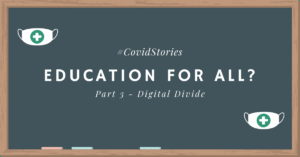
Education and COVID – Part 3: Digital Divide
In the current crisis, many education systems across states are using the internet to facilitate e-learning among their students. Recently, in Delhi, the state government started e-learning classes for their students. While this seems to be a positive move that seeks to ensure that students don’t lose touch with their studies amid the lockdown, what it fails to incorporate is the digital divide. In Part 3 of our series, we discuss the implications of the digital divide in amplifying existing inequalities in accessing education.

Education and COVID – Part 2: Ashram Schools
Due to the spread of COVID-19, the Central government on 24th March 2020 announced a national lockdown, which has now been extended till 17th May. It has been over seven weeks now since educational institutions have been shut. Students, across the country, are facing uncertainty regarding their examinations and career with schools and colleges being shut but there are some children who are more vulnerable than others. In part 2 of our series, we discuss the vulnerability of students of Ashram Schools, under the Ministry of Tribal Affairs in India.
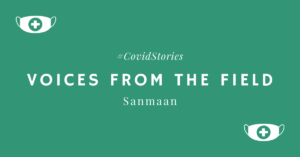
Covid Stories: Public Toilets… are they free to use?
On the 17th of April 2020, the State announced that all public toilets could be used for free to ease access for the migrants and those living on the streets. But the same hasn’t been implemented. Having free access to public toilets is essential at a time like this especially for the communities who don’t have a source of income i.e. the daily wage earners.
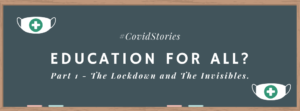
Education and COVID – Part 1: Lockdown and the Invisibles
This series focuses on the issues related to the education of the marginalized children and the cumulative inequalities that are compounded by the digital divide through the solution of ‘online education’. Part one gives an overview of the impact of the lockdown on people from lower socio-economic sections of the society.

Covid Stories: Mother’s Day without Maa
Children look forward to spending Mother’s Day at their home with their mothers. While many have that opportunity, children living in Child Care Institutions don’t, especially during the current lockdown period. The lockdown and pandemic have effected and put many lives on hold. Today we share the story of Seema, a young woman currently living in a Children’s Home, waiting to be reunited with her family and celebrating Mother’s Day without her mother.
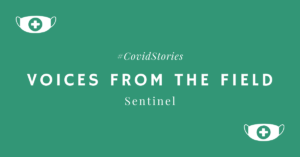
Covid Stories: Amplified Risks to Victims of Inter-generational Prostitution
Financial distress in families, acceptance of prostitution as a cultural practice, pressure from relatives are some of the factors that make it very difficult for rescued victims to follow a path of rehabilitation. The concerns are further amplified during a global crisis, making girls like Abhilasha quite vulnerable in the current situation.
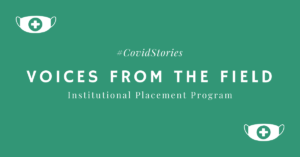
Covid Stories: What about my family?
In the current COVID and lockdown situation, one of the adversely affected communities is the migrant communities. Our Sanmaan project primarily works with a section of these communities – they work with children found/rescued from begging, living in street like situations along with their families. While many relief schemes have been announced and provided, there has been an uneven distribution of relief materials. Today we shed light on this challenge.
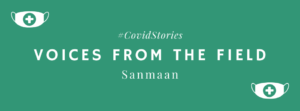
Covid Stories: Uneven Distribution of Relief Materials
In the current COVID and lockdown situation, one of the adversely affected communities is the migrant communities. Our Sanmaan project primarily works with a section of these communities – they work with children found/rescued from begging, living in street like situations along with their families. While many relief schemes have been announced and provided, there has been an uneven distribution of relief materials. Today we shed light on this challenge.

